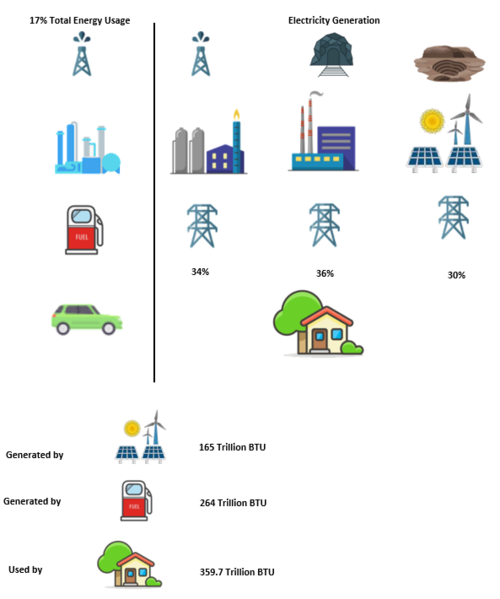SAJ-99
Well-known member
Absolutely, and those are being addressed. The entire change has to be incremental, and it will be. Too fast and you disrupt things in ways that you might not think of initially. If we all drove electric vehicles in 5 yrs it would crush economies that are reliant on oil, countries other than the usual suspects in the middle east. Countries like Norway, Nigeria, Sudan, Columbia, Ecuador all heavily reliant on oil.They will sure have to up their output and be paired to storage so that they are capable of distributing energy when it’s needed on the demand curve before it can become a solution to things like providing baseline energy to Boston or New York, or any other major city, or replacing the Mw of the PNW hydro dams.
Change has to happen. I think people on HT would be more supportive of offshore wind and solar than onshore, because most of the latter is in places we enjoy.





